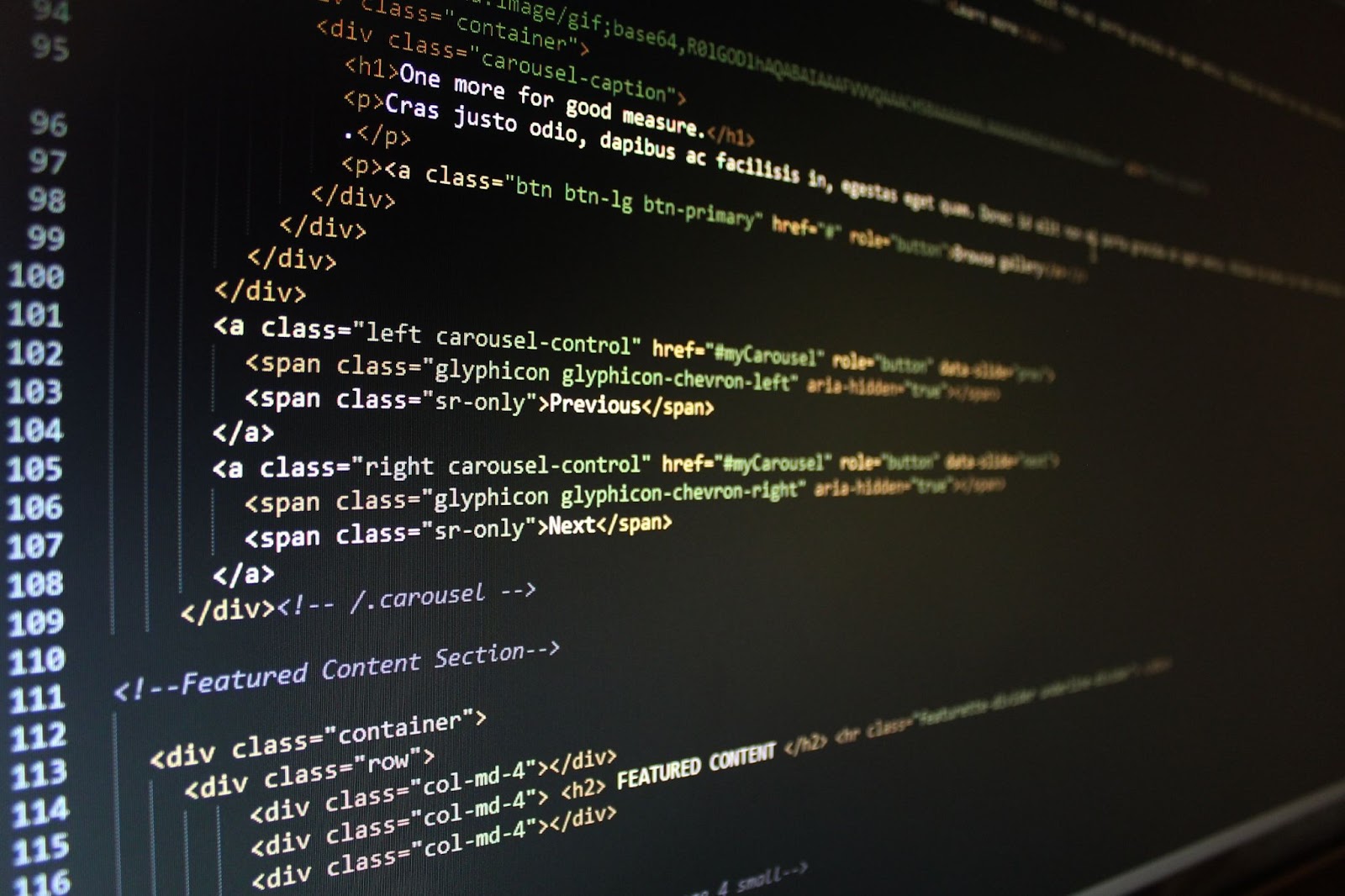Data is all around us. From social media analytics to business intelligence reports, data has become a key factor for decision-making in various industries. However, simply having access to data isn’t enough – you need the ability to understand and interpret it correctly. This is where data literacy comes into play. In this blog post, we’ll explore what data literacy means and why it’s important. We’ll also discuss some essential skills that can help improve your data literacy so you can make better decisions based on accurate insights. Let’s dive in!
What is Data Literacy?
Data literacy is the ability to read, understand, create, and communicate data in a meaningful way. It involves having both technical skills and critical thinking abilities to recognize patterns, trends, and insights from data.
At its core, data literacy means being able to ask questions about your data and use it effectively to make informed decisions. This requires not only understanding how to work with numbers but also knowing the context behind them.
Data literacy is essential for everyone who works with data regardless of their job title or industry. Whether you’re a marketer trying to optimize campaign performance or an HR professional analyzing employee retention rates – having strong data literacy skills can help you uncover key insights that would otherwise be missed.
However, many people lack basic data literacy skills which can lead to misinterpretation of results or making inaccurate conclusions based on incomplete information. That’s why improving your own level of data literacy should be an ongoing process that includes continuous learning and practice. You can find a data literacy consulting agency to help you become more data literate. Make sure to choose one with experience in your industry and a good track record.
The Importance of Data Literacy
Data literacy is becoming an essential skill in today’s digital world. It refers to the ability of individuals to read and work with data effectively. Data is everywhere, from social media platforms to e-commerce websites; it has become a crucial part of our daily lives. Therefore, having data literacy skills can be incredibly beneficial for personal and professional growth.
One significant importance of data literacy is that it enables you to make more informed decisions based on facts instead of assumptions or guesses. It helps individuals understand the meaning behind the numbers, which allows them to draw accurate conclusions. This can be useful in various fields such as business, healthcare, education, and more.
Another advantage of being data literate is that it enhances communication between different departments within an organization by providing a common language around data-based decision-making processes. This promotes collaboration and teamwork while reducing misunderstandings and conflict.
Moreover, businesses that invest in developing their employees’ data literacy skills are likely to have a competitive edge over their peers who do not because they will have better insights into customer behavior patterns, market trends, etc., leading to improved product development strategies or marketing campaigns.
The importance of data literacy cannot be overstated. As we move towards a future where technology dominates every aspect of our lives, being able to navigate through vast amounts of information becomes increasingly important for success both professionally and personally.
Data Literacy Skills
Data literacy skills refer to the set of abilities and knowledge that allow individuals to effectively understand, analyze, and communicate data. These skills are essential in today’s world as we seek to make informed decisions based on data-driven insights.
One important skill is the ability to collect and organize data from various sources such as surveys or databases. This involves identifying relevant information and ensuring it is accurate and complete.

Another key skill is the ability to analyze and interpret data using statistical methods or visualization tools like graphs or charts. Interpretation helps identify patterns, trends, or relationships within the data which can be used for decision-making.
Communication skills are also crucial when it comes to data literacy. Individuals need to be able to present their findings in a clear, concise manner that non-technical stakeholders can understand. This ensures that everyone involved can make informed decisions based on the same information.
Critical thinking skills play an integral role in developing one’s ability towards being more proficient in handling complex sets of raw unstructured datasets into meaningful business outcomes through effective analytics techniques.
In summary, developing strong data literacy skills requires a combination of technical know-how with analytical reasoning combined with communication expertise aimed at achieving specific business objectives by leveraging insight from available structured/unstructured datasets as part of the decision-making process across all domains: finance, marketing research, etc.
How to Improve Your Data Literacy
Improving your data literacy is essential to thrive in today’s data-driven world. Here are some tips on how to enhance your skills:
1. Start with the basics: Begin by understanding basic statistical concepts such as mean, median, mode, and standard deviation. This will help you interpret and analyze data more effectively.
2. Practice with real-world examples: Look for opportunities to work with data sets from your everyday life such as sales reports or social media analytics. This will give you hands-on experience and help you develop a deeper understanding of data analysis.
3. Use visualization tools: Visualizing complex data can make it easier to understand patterns and trends within the information. Experiment with different types of charts and graphs until you find what works best for each specific dataset.
4. Attend workshops or courses: Many online platforms offer free or low-cost courses on topics ranging from Excel spreadsheets to advanced machine learning techniques that may interest you.
5. Collaborate with others: Working alongside individuals who possess diverse skill sets can expand your knowledge base and teach new approaches that could benefit future projects.
By incorporating these methods into daily practice, one can learn how to better interpret results, identify relevant insights, and communicate key findings effectively which ultimately leads to making informed decisions based on evidence-backed information rather than relying upon intuition alone.

It is crucial for individuals to possess the skills and knowledge required to interpret and analyze data accurately. Data literacy can help organizations make informed decisions, improve business operations, drive innovation, and gain a competitive advantage.
To improve your data literacy skills, you should start by familiarizing yourself with basic concepts such as statistics and visualization techniques. You can also enroll in online courses or attend workshops that specialize in teaching these skills.
It’s essential to cultivate a culture of learning within your organization. Encourage employees to develop their data literacy skills continually and provide them with tools that facilitate this process. By doing so, you’ll be able to unlock the full potential of your team while staying ahead of the competition.
Developing strong data literacy skills is an investment worth making for both individuals and organizations alike. As we continue to rely more on big data analytics across all sectors of society, those who are proficient at understanding and interpreting it will undoubtedly have a significant advantage over those who don’t possess these critical competencies.



